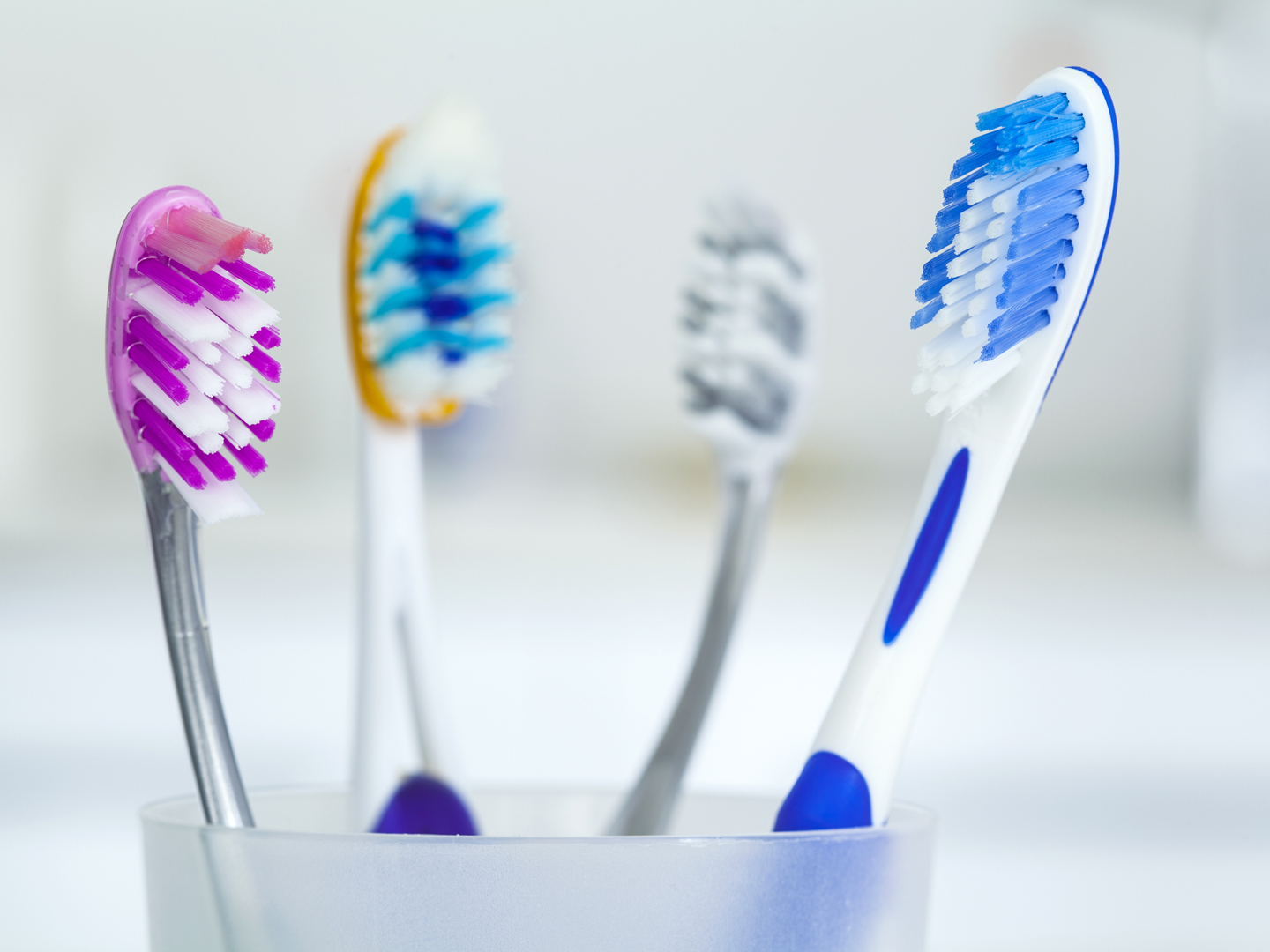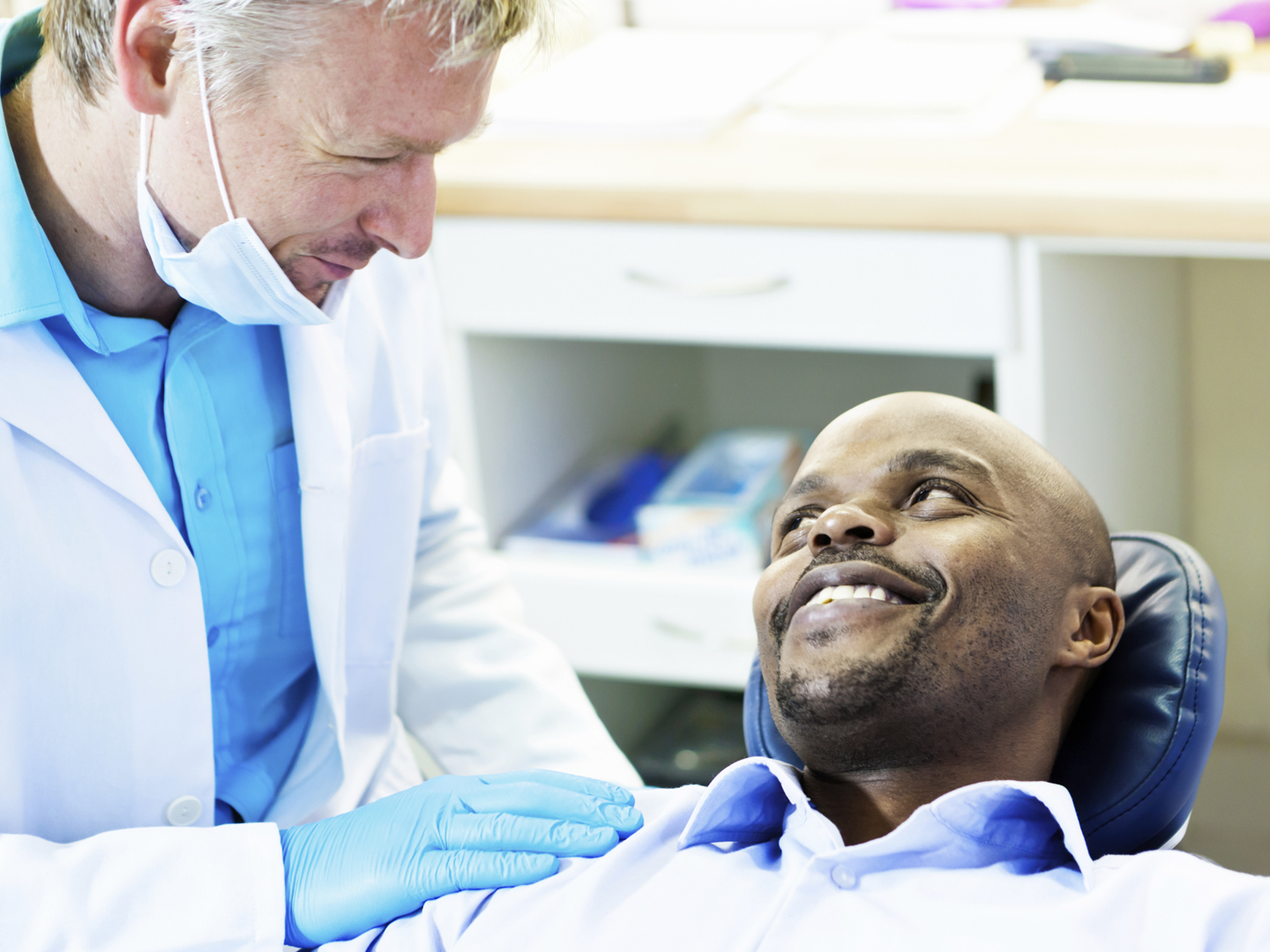Keeping Your Toothbrush Clean?
What do you advise about toothbrush care? Is it necessary to disinfect a toothbrush after each use? How often should you switch to a new toothbrush?
Andrew Weil, M.D. | February 20, 2006

Your mouth harbors millions of germs, and when you brush your teeth, the toothbrush can become contaminated with bacteria, saliva, oral debris and blood (if your gums bleed). You should rinse your toothbrush thoroughly with water after brushing, but that might not remove everything. Still, using mouthwash or disinfectant solutions really isn’t necessary. It could end up exposing you to more, not less, toothbrush contamination, particularly if you reuse the solution. And you can damage your toothbrush if you try to disinfect it with heat in the microwave or dishwasher.
Frankly, I wouldn’t worry about toothbrush contamination. I’ve seen no research suggesting that brushing with a potentially contaminated toothbrush leads to infections of the mouth or any other adverse effects on health. Just rinse the brush carefully after use and let it dry in an upright position. If you keep your brush in the same holder as others in your family, make sure the brushes don’t touch each other. And don’t share toothbrushes. Keep your toothbrush in a location away from the toilet and never store your toothbrush in a closed container – bacteria are more likely to multiply in a warm, humid, closed environment.
According to the American Dental Association, it’s best to replace your toothbrush every three to four months, even sooner if you notice that it looks worn. If the bristles are splayed or bent out of shape, the brush won’t work as well as it should.
Incidentally, the plain, old-fashioned toothbrush works as well for cleaning your teeth (if you brush regularly) as the power toothbrushes that are now so popular. Ultrasound toothbrushes with timers can help with plaque build up, but their main advantage is that you keep brushing as long as the head vibrates, which is probably longer than you would use a standard toothbrush. Brush twice a day, be sure to floss once a day and see your dentist for regular check-ups and professional cleaning.
Andrew Weil, M.D.










